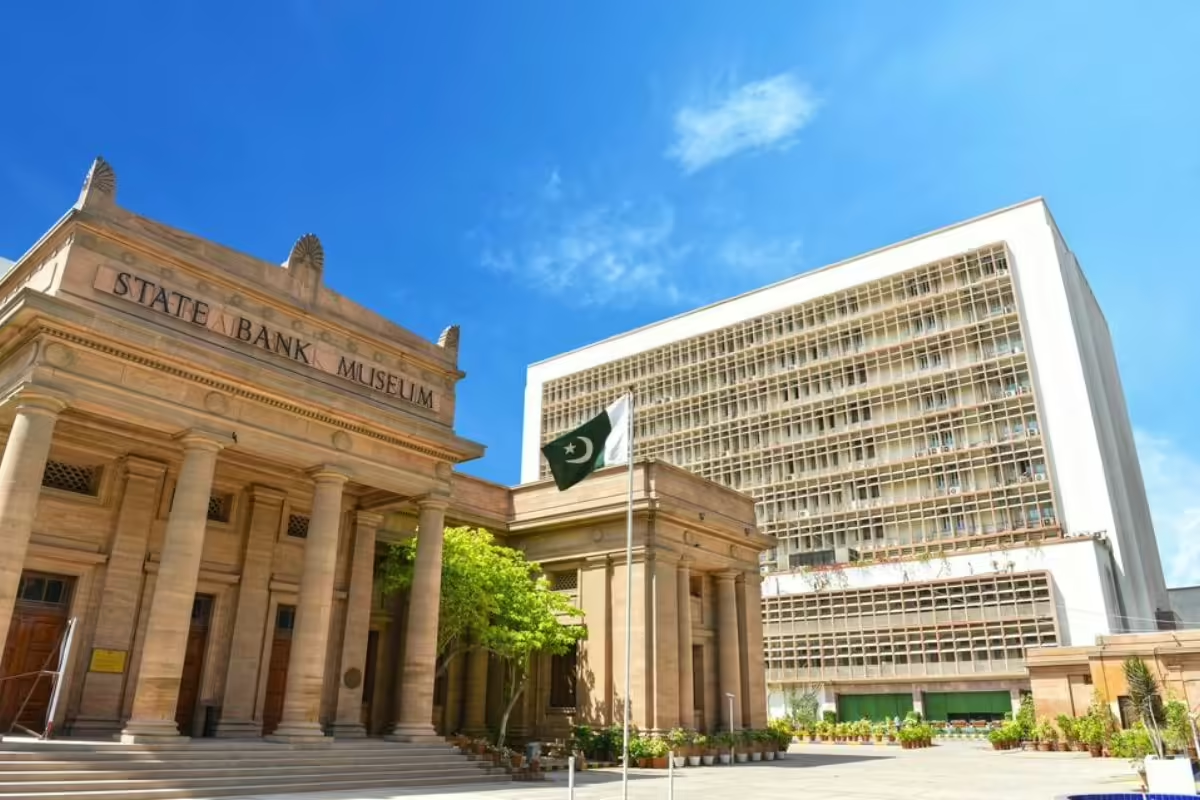The State Bank of Pakistan (SBP) lowered its main interest rate by 1.5% on Monday, which was expected. This is the first time in almost four years that the bank has reduced the rate. The aim is to encourage economic growth, as retail inflation has fallen sharply.

Here are the key points from the meeting of the Monetary Policy Committee (MPC) today:
Inflation:
Inflation has been controlled with tight monetary policies and improved fiscal management. Core inflation and expectations of future inflation have also decreased. However, future budget changes and possible shifts in energy prices could disrupt this trend.
Economic Growth:
The economy grew by a slight 2.4% in FY2023–24, mainly due to agriculture. Industry and services recovered slightly. In its bid to borrow cash to accelerate growth in the foreign exchange reserves to about $9 billion from the present level, the government is contacting the IMF.
Current Account: The current account was in surplus for the third month of the running fiscal year as remittances and export inflows were higher than imports. The July–April FY2023–24 deficit saw considerable shrinkage that brought an improvement in the financial stability of the country.
Fiscal Health:
The fiscal indicators improved, with a primary surplus of 1.5% of GDP. Better tax collection and reduced subsidies were the main contributing factors. Structural reforms are needed for sustained long-run fiscal health, however. Slow growth in broad money, driven by a tight monetary policy, further slowed the growth of money, thereby containing inflation.
Inflation Outlook:
The inflation rate has decreased to 11.8% in May 2024 from 17.3% in April, mainly because of lower food and energy prices. There is a good chance of the same picking up again from July onwards, but the present policy is felt to be appropriate in keeping a check on inflation.









